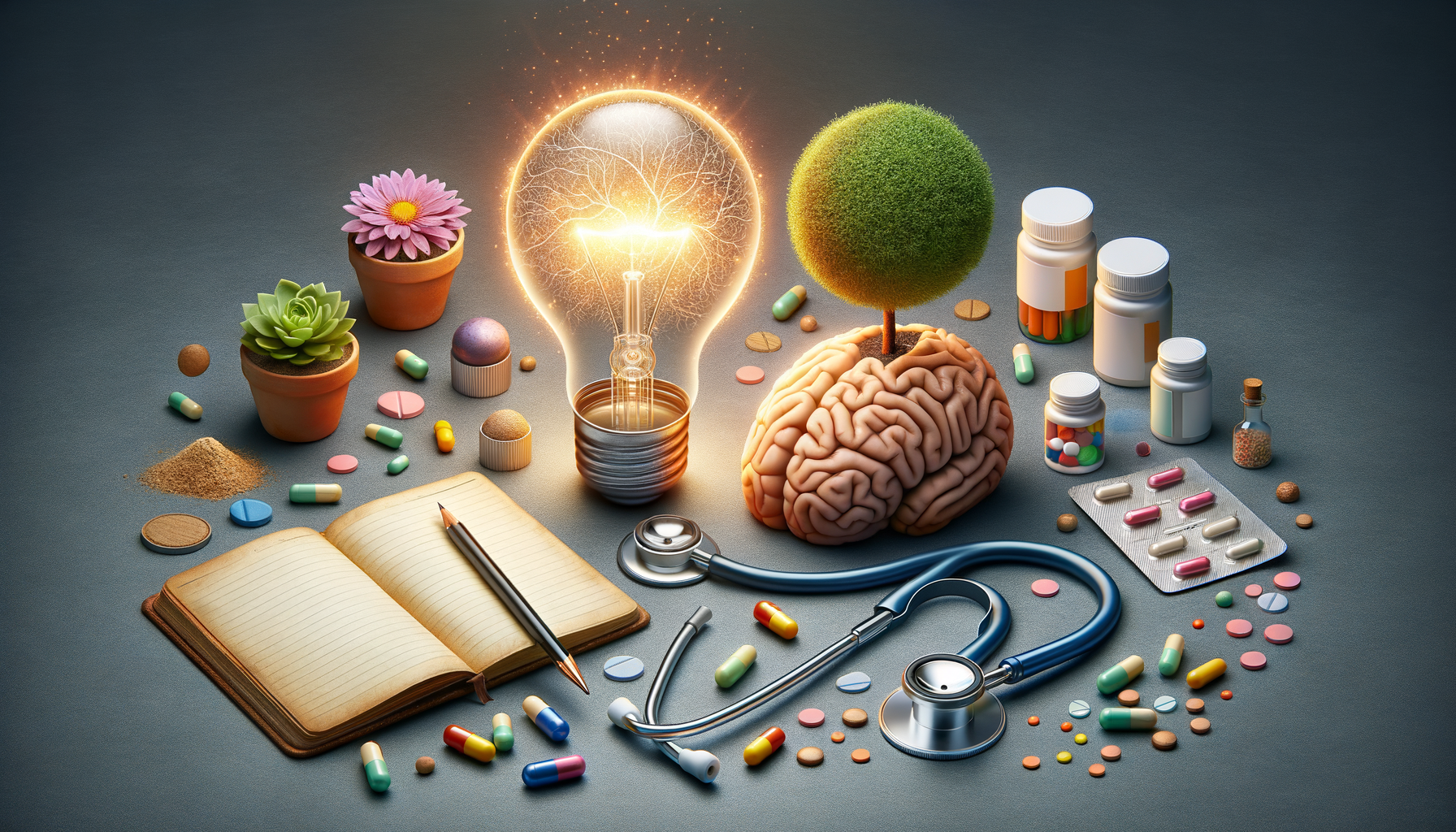
Treating Depression: Understanding Options and Approaches
Understanding Depression: A Brief Overview
Depression is a common mental health disorder that affects millions of people worldwide. It is characterized by persistent feelings of sadness, hopelessness, and a lack of interest or pleasure in activities. The World Health Organization estimates that more than 264 million people globally suffer from depression. This condition can impact every aspect of a person’s life, from work and relationships to physical health. Understanding depression is the first step in seeking effective treatment.
Depression is not just a fleeting feeling of sadness but a complex condition with various potential causes, including genetic, biological, environmental, and psychological factors. Symptoms can vary widely among individuals, making it essential to approach treatment on a case-by-case basis. Recognizing the signs of depression early can lead to better outcomes and more effective management of the condition.
Medication: A Pillar of Treatment
One of the primary treatment options for depression is medication, particularly antidepressants. These medications can help to balance chemicals in the brain that affect mood and emotions. Common types of antidepressants include selective serotonin reuptake inhibitors (SSRIs), serotonin-norepinephrine reuptake inhibitors (SNRIs), and tricyclic antidepressants (TCAs).
Antidepressants can be highly effective for many individuals, but they are not a one-size-fits-all solution. It often takes time to find the right medication and dosage, as individuals may respond differently to various drugs. Side effects can also vary, making it important for patients to work closely with their healthcare providers to monitor their progress and make adjustments as needed.
While medication can significantly alleviate symptoms for many, it is often most effective when combined with other treatment modalities, such as therapy or lifestyle changes.
Therapy: Exploring the Mind
Psychotherapy, or talk therapy, is another cornerstone of depression treatment. It involves working with a mental health professional to address the underlying causes of depression and develop coping strategies. Cognitive-behavioral therapy (CBT) is one of the most widely used forms of therapy for depression. It focuses on identifying and changing negative thought patterns that contribute to depressive symptoms.
Other therapeutic approaches include interpersonal therapy (IPT), which focuses on improving relationships and communication, and psychodynamic therapy, which explores past experiences and emotional conflicts. Therapy can be conducted individually, in groups, or even with family members, depending on the needs and preferences of the individual.
Therapy provides a safe space for individuals to express their feelings, gain insight into their condition, and learn practical skills to manage symptoms. It can be particularly beneficial for those who prefer not to take medication or who wish to complement their pharmacological treatment.
Lifestyle Changes: Supporting Mental Health
In addition to medication and therapy, lifestyle changes can play a significant role in managing depression. Regular physical activity, for instance, has been shown to boost mood and reduce symptoms of depression. Exercise releases endorphins, which are natural mood lifters, and can also help with sleep and stress management.
Dietary habits are another critical component. A balanced diet rich in fruits, vegetables, lean proteins, and whole grains can support overall health and well-being. Certain nutrients, like omega-3 fatty acids and vitamin D, have been linked to improved mood and may be beneficial for those with depression.
Additionally, establishing a regular sleep schedule, practicing mindfulness or meditation, and engaging in activities that bring joy and fulfillment can all contribute to better mental health. These lifestyle changes can enhance the effectiveness of other treatments and provide individuals with a greater sense of control over their condition.
Conclusion: A Comprehensive Approach to Depression Treatment
Treating depression requires a comprehensive approach that considers the unique needs and circumstances of each individual. By combining medication, therapy, and lifestyle changes, individuals can develop a personalized treatment plan that addresses both the symptoms and underlying causes of their depression.
It is essential for those experiencing depression to seek help from healthcare professionals who can guide them through the treatment process. Support from friends and family can also be invaluable, providing encouragement and understanding as individuals work towards recovery.
Ultimately, the goal of depression treatment is not just to alleviate symptoms but to empower individuals to lead fulfilling and meaningful lives. With the right support and resources, recovery is possible, and individuals can find hope and healing on their journey.